‘Been there and done that’: Fish School faculty bring 163 years of combined missionary service to classrooms at Southwestern

With a combined 163 years of Southern Baptist missionary experience, the faculty of the Roy J. Fish School of Evangelism and Missions at Southwestern Baptist Theological Seminary teach the next generation of missionaries from theological and biblical foundations lived out in real-life experiences across the world.
“The collective amount of field missions experience among our missions faculty in the Fish School gives the student the benefit of learning from scholar-practitioners,” said John D. Massey dean of the Fish School and associate professor of missions. “Our faculty not only have terminal degrees in theology or missions, but they have ‘been there and done that’ with excellence. Students have a learning experience that surpasses the passive reception of information. They experience a discipleship relationship in the classroom whereby they learn from faculty who have spent significant time of fruitful ministry in cross-cultural environments around the world.”
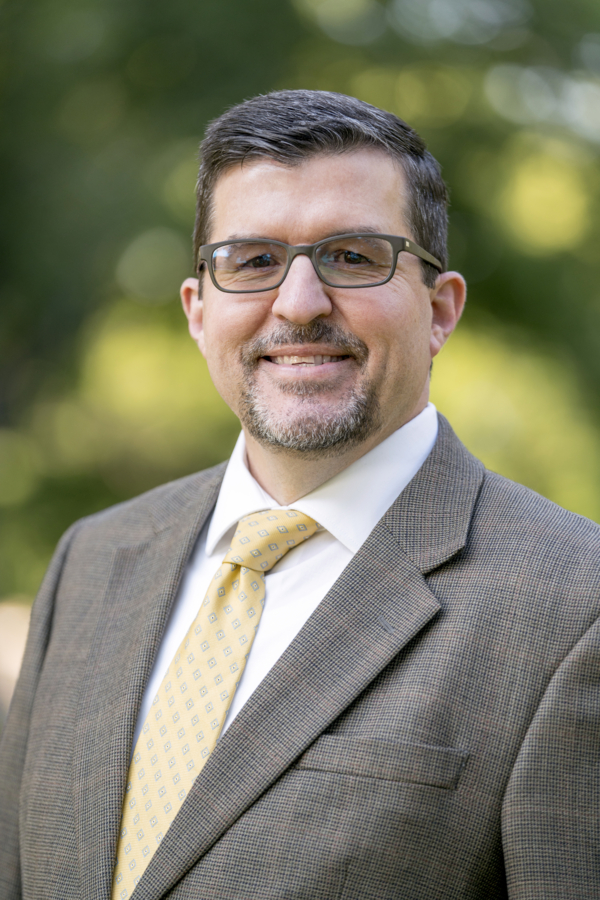
John D. Massey, Charles F. Stanley Chair for the Advancement of Global Christianity.
Massey, Charles F. Stanley Chair for the Advancement of Global Christianity, also noted faculty, “coach, advise, and teach all of the various aspects of living and serving in an overseas environment. No one SBC seminary has had this amount of field missions experience among its missions faculty as does SWBTS.”
A sampling of the missionary experience of the faculty includes the dean of the Fish School. Massey served with the International Mission Board (IMB) from 2001-2012 as a professor at Baptist Theological Seminary in Singapore where he taught systematic theology, church history, and Baptist history, and was a team strategy leader for Singapore and Southern Malaysia.
“The nature of the topics I teach in missions lends itself to sharing missionary experiences from adapting to cultures, learning language, challenges on the mission field, serving within the context of a large missions organization, and making disciples in a cross-cultural setting,” explained Massey.
Massey said he uses his experiences as a missionary in Southeast Asia “regularly” in his missions classes. His time serving on the field allows him to teach about serving within the leadership structure and strategy of the IMB, and the challenges and blessings that “I have experienced in learning a new language and culture” while also drawing “upon ministry successes and failures.”
“I am able to help shine a light on what God is doing in the parts of the world where I have been a participant and an eyewitness,” Massey added. “It means so much more to students when they know that you have experienced the subject that you are teaching. I also share from first-hand experience the needs that exist in various parts of the world for missionary service.”
Massey said, “The most joyous parts of sharing from personal experience in the classroom are the opportunities that my wife and I have had to share the Gospel and see people come to saving faith in Jesus Christ.”
Micah Dao*, who earned both a Master of Arts in Christian Education and a Master of Divinity from Southwestern and is a current PhD student, ministers to the unreached peoples of Southeast Asia. “One of the reasons” he is working on a doctoral degree is because of Massey, he said.
He is “not only an eminent scholar, but John Massey has also become a mentor and friend,” Dao explained. “Dr. Massey exemplifies grace and humility as he shares his experiences and encourages his students. Dr. Massey does not just serve as my supervisor in the PhD program, but as an example of faithful service to Christ with integrity, passion, and joy.”
While serving in Singapore, Massey served with Ian Buntain, associate professor of missions and director of the World Missions Center. Buntain served with the IMB in Southeast Asia and Asia, and also with the North American Mission Board in Canada.
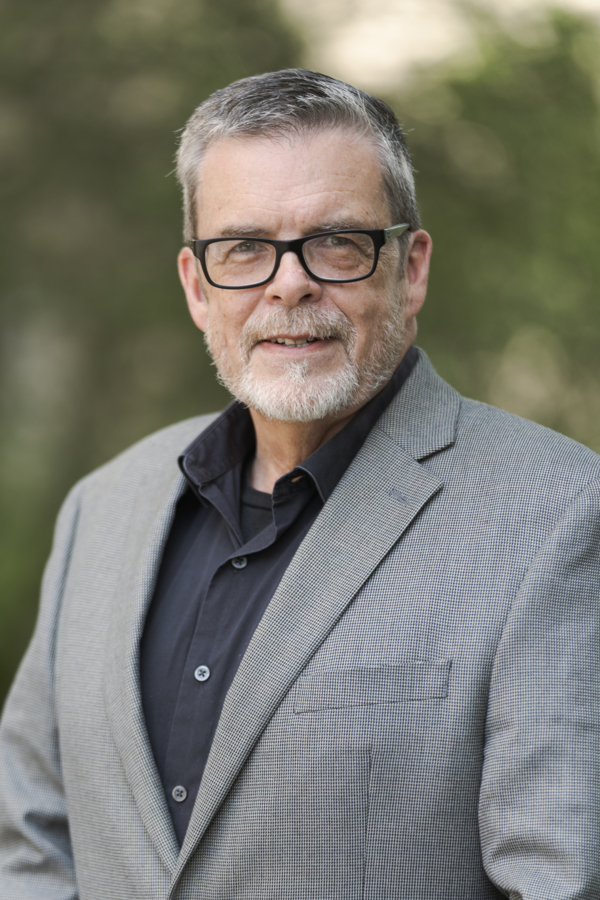
Ian Buntain, associate professor of missions and director of the World Missions Center.
“Once one has seen what God is doing in His world, it is impossible not to weave the stories of His redemptive work into every lecture,” Buntain said. “The God we have seen at work overseas seems so much bigger than the God we worship in America. I need our students to worship the God that is bigger.”
Buntain teaches concepts learned on the mission field in the classroom by “integrating stories of God at work in His world in ways that are consistent with our text [the Bible].” Buntain said he assures “students that the mere fact that I have experienced these things lends no added authority to the stories” but he tells his students “these stories are lent authority only if they reflect God’s redemptive work as it is revealed in His Word.”
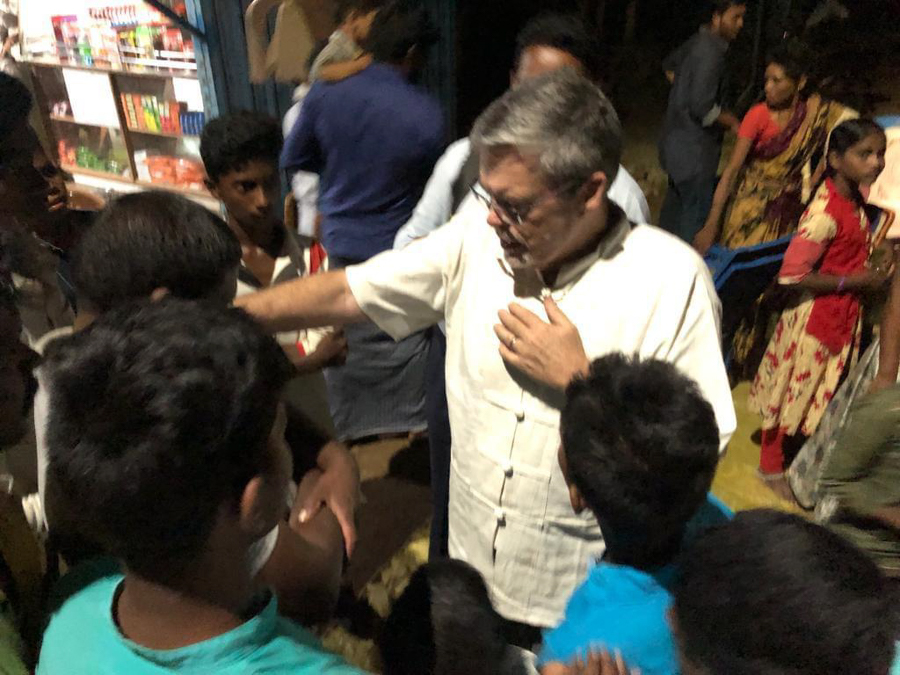
Ian Buntain serving as an IMB missionary.
“Students are intentionally forced to re-examine their ministry convictions in light of the Word and are invited to personally experience His ways and His work, both here, through cross-cultural witnessing experiences, and in His world, through immersive ministry during international mission trips,” Buntain observed.
Kayla Phan* from Arlington, Texas, is pursuing a PhD in World Christian Studies. Phan, who also holds a Master of Divinity in international church planting and served previously in Japan said her “classes in the Fish School have helped prepare me for the mission field by giving me different tools to be able to effectively serve in a cross-culturally sensitive way” adding that she was prepared “not only with knowledge, but also with practical field experience.”
Phan added her professors taught her about church planting, animism, syncretism, and cross-cultural ministry which helped her learn “how to navigate and be prepared for serving in cultural contexts with different values, beliefs, and practices.”
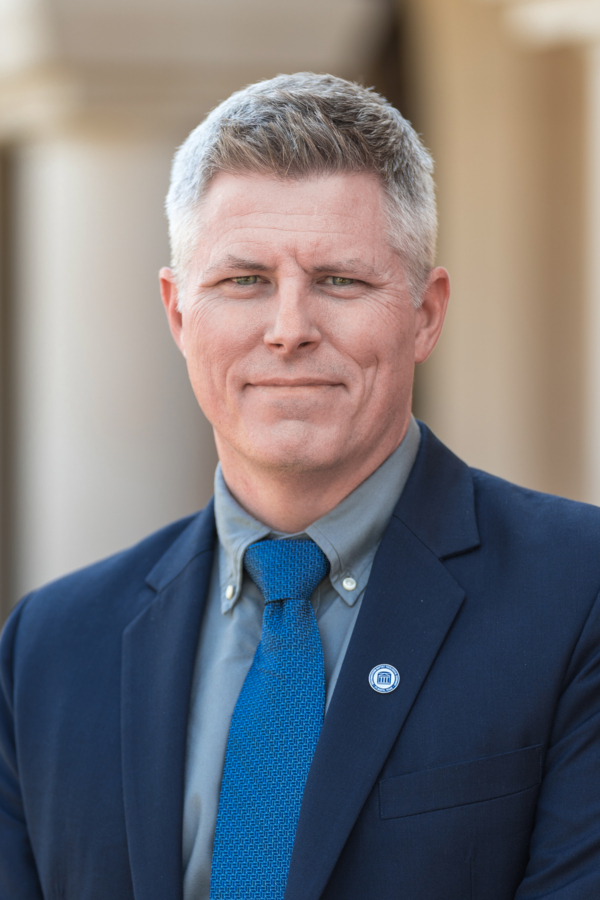
Michael Copeland, associate professor of missions and associate director of the World Missions Center.
Michael Copeland, associate professor of missions and associate director of the World Missions Center, served as an IMB missionary from 2007 to 2022 “in a far-flung area, learning a Turkic language among a minority Muslim people.”
“We had to learn to trust Him with immense lostness around us and our own weaknesses,” Copeland recalled. Copeland, who worked on his Doctor of Philosophy in World Christian Studies at Southwestern while he served on the field, said the degree “enabled me to mobilize and teach local believers in Southeast and East Asia, propelling them to work among the nations even across the great ethnic and political barriers.”
Copeland attributes his time overseas to resulting in the Lord “molding his teaching to engage students from multi-cultural perspectives.”
Copeland transfers his experience from being a missionary to teaching students in many ways. “I utilize my experiences overseas to normalize who missionaries are while, at the same time, expressing the very real challenges and needs on the field. I do this in order to prepare the student for the field and also help them tie their learning on Seminary Hill to their future work in missions,” Copeland explained.
He relates to students when a Muslim haji, or one who has gone on the pilgrimage to Mecca, “argued to me that Muhammad’s name could be found throughout the Old Testament in Hebrew.” Copeland said he was able to show the hajihow the word “was actually a Hebrew verb.”
“The haji had been trained in an argument that did not understand biblical exegesis nor language,” Copeland recalled. “I teach this experience so that students will deeply engage their studies at SWBTS in order to share with those overseas who need aid in truly understanding the Bible and its truth.”
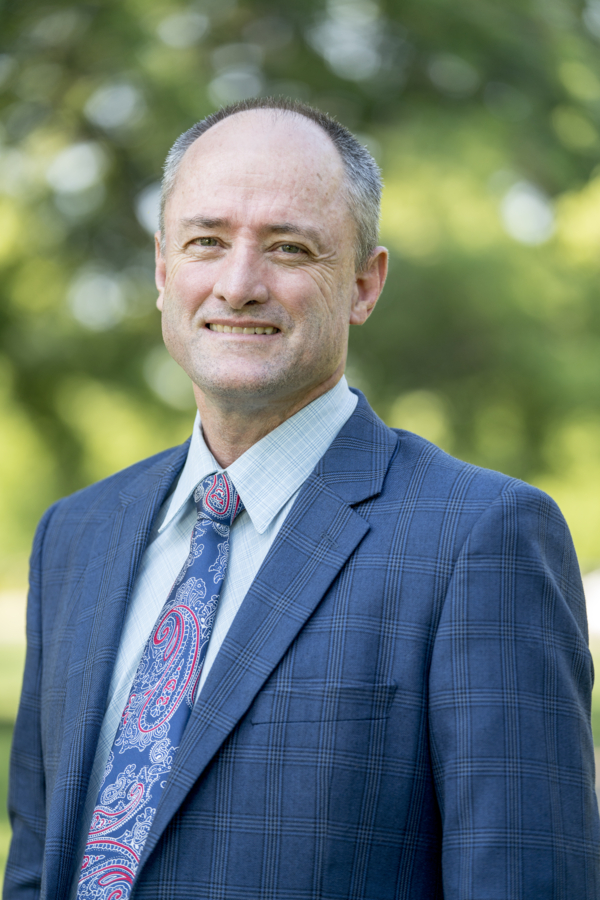
Dean Sieberhagen, associate professor of Islamic studies and director of the Islamic studies program.
Dean Sieberhagen, associate professor of Islamic studies and director of the Islamic studies program, served with a Muslim unreached people group in Central Asia from 1999 to 2012. He uses his “personal experiences” which encompassed entering and departing the mission field, evangelism, discipleship, church planting and leadership training to “illustrate the principles” and teach his students in the classroom.
Gary Allen*, who ministers in Eastern Europe and earned a Master of Arts in Islamic Studies, took classes with Sieberhagen and got to know him well. Allen said Sieberhagen’s missions experience was “instrumental in helping to prepare us for our service in this part of the world,” adding that his professor “helped me to find avenues for ministry to Muslims in Fort Worth, had us over to his home, and connected me with leadership in Central Asia who helped us to find our place of ministry.”
“His influence was so formative that I will now be doing a doctoral program under him,” Allen added.
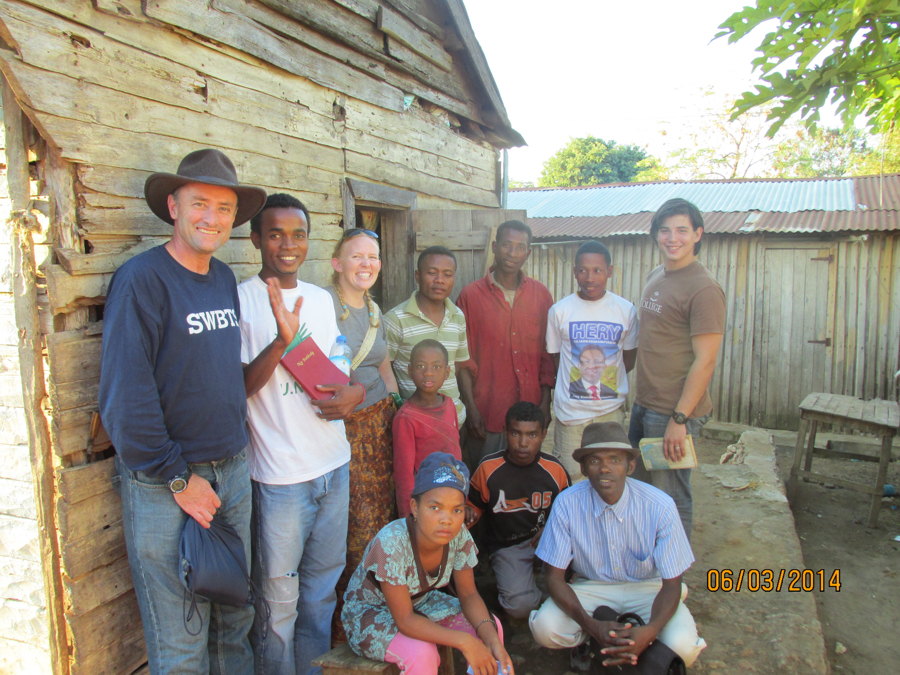
Various IMB missionaries on the mission field.
Amy Sanderson,* an IMB missionary serving in Sub-Saharan Africa, is a former student of Sieberhagen as well. “Dr. Sieberhagen was probably the most influential professor during my time at SWBTS. He spent years living out what he taught us, and what I was feeling led by the Lord to do, and it showed,” she said.
As Sanderson lives overseas as a missionary, she is reminded of the words of encouragement Sieberhagen shared with his students as they experienced difficult places and people. “He frequently told us that even if we were alone in a situation or place with no believers, the fact that the Holy Spirit was with us would put us in a majority,” she remembered.
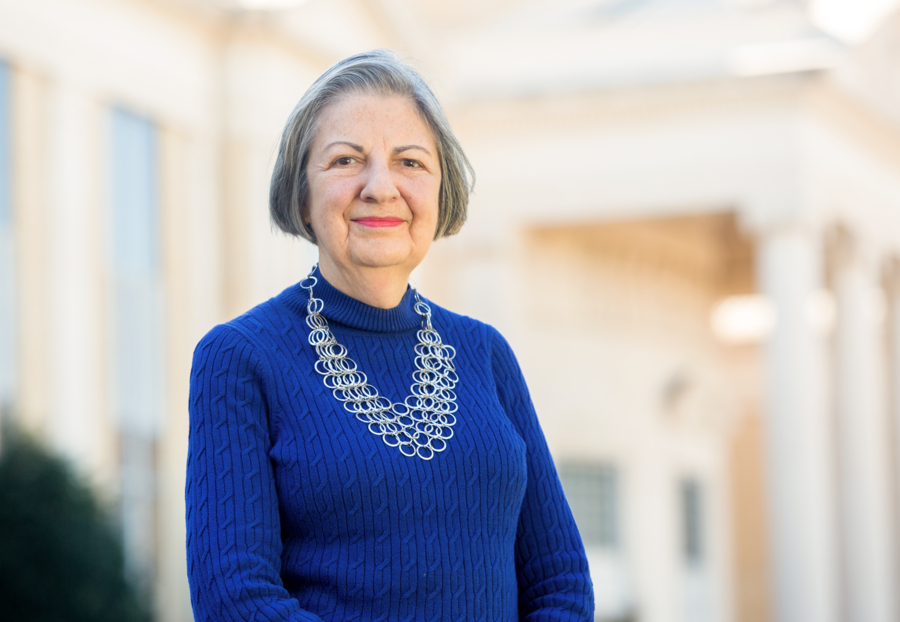
Rebekah Naylor, distinguished professor of missions and missionary-in-residence.
Rebekah Naylor, distinguished professor of missions and missionary-in-residence, served in India from 1973 to 2009 as a surgeon with the IMB at Bangalore Baptist Hospital. She currently teaches church planting and human needs ministry with two other professors who have experience working in medicine, dentistry, and agriculture. “This course has three lead teachers, including myself, who have spent a total of about 80 years serving overseas in missions, sharing the Gospel and starting churches as we met human needs and engaged in compassion ministries.”
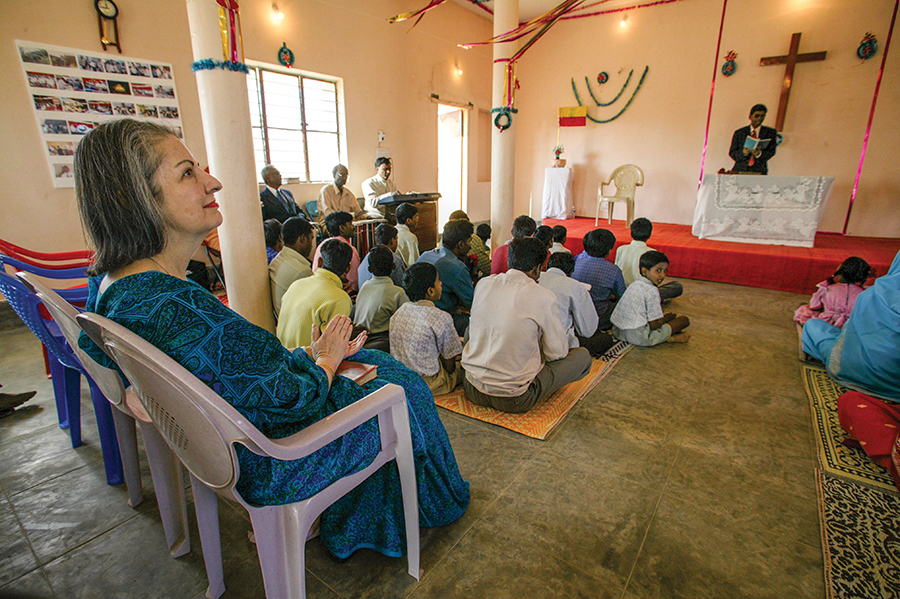
Rebekah Naylor on the mission field in Bangalore, India.
Naylor, who is also the only daughter of Southwestern’s fifth president, Robert E. Naylor, said she and the course’s other instructors “integrate our experiences into the concepts of the missionary task and church planting strategies” and have guest lecturers join their class who “are active international missionaries talking about refugee ministry, disaster response, human trafficking, and community development.”
“What is taught is that meeting needs is required of us as believers based on Scripture and is coupled with preaching the Good News advancing God’s Kingdom,” Naylor added.
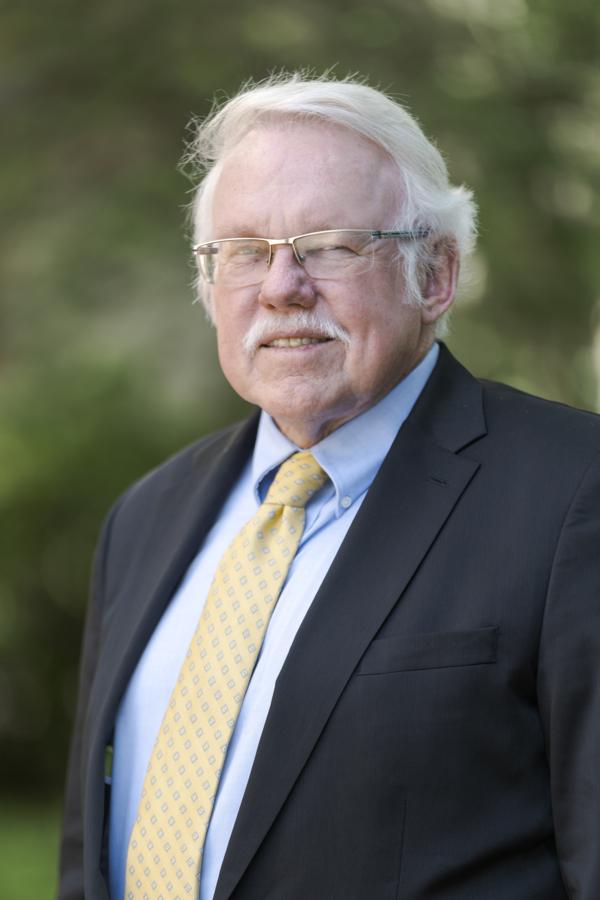
Mark McClellan, professor of missions and director of Hispanic Programs.
Mark McClellan, professor of missions and director of Hispanic Programs, “was blessed” to serve with his family in Guatemala for 10 years. He and his wife completed language school in Costa Rica for one year and served with Cooperative Services International with the IMB as non-resident missionaries to Soviet Central Asia for one year with the IMB. “We served as church planters in Guatemala, first among the Quiche people in Western Guatemala and later in Guatemala City. We had a wonderful experience and the Guatemalan people we served with remain wonderful friends,” he remembered. McClellan said he and his team saw churches planted, disciples created, and leaders trained for church and missionary service.
McClellan brings his experiences serving as a missionary into the classroom at Southwestern by incorporating things he learned on the field, including the biblical principles for missionary work that he explains as he shares his “experiences during those years of service as well as information about those whom we reached and discipled who are serving faithfully today.” He explained that “personal stories about Guatemalan Christians are very important to share in the classroom.”
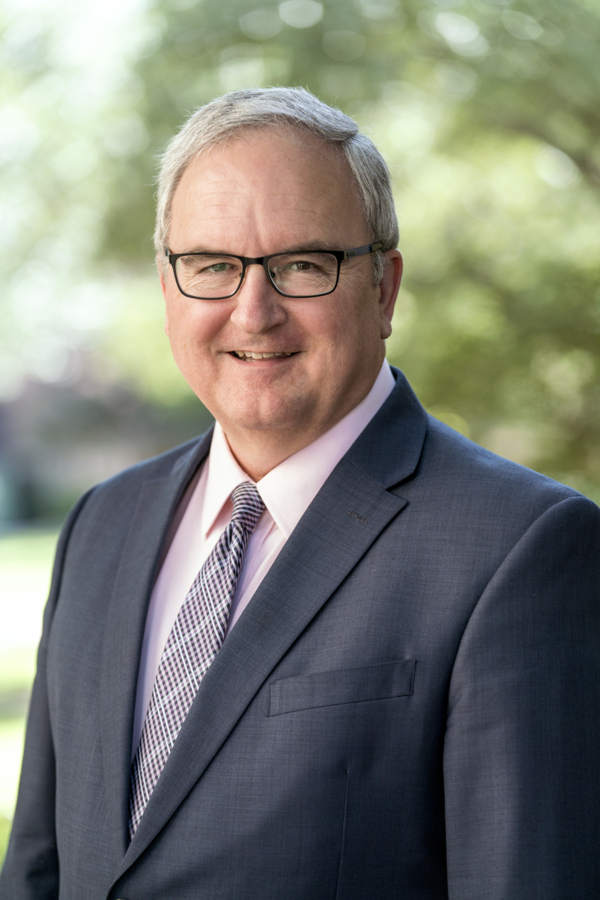
Mike Morris, associate professor of missions and former IMB missionary.
Mike Morris, senior professor of missions, who served more than a decade in South Korea with the IMB, incorporates his mission field experiences with classroom teaching “to illustrate missiological principles.” He uses pictures, statistics, and Korean food as he “encouraged the students to eat it as I talked about the need for missionaries to adapt well to their new culture by eating the local food.”
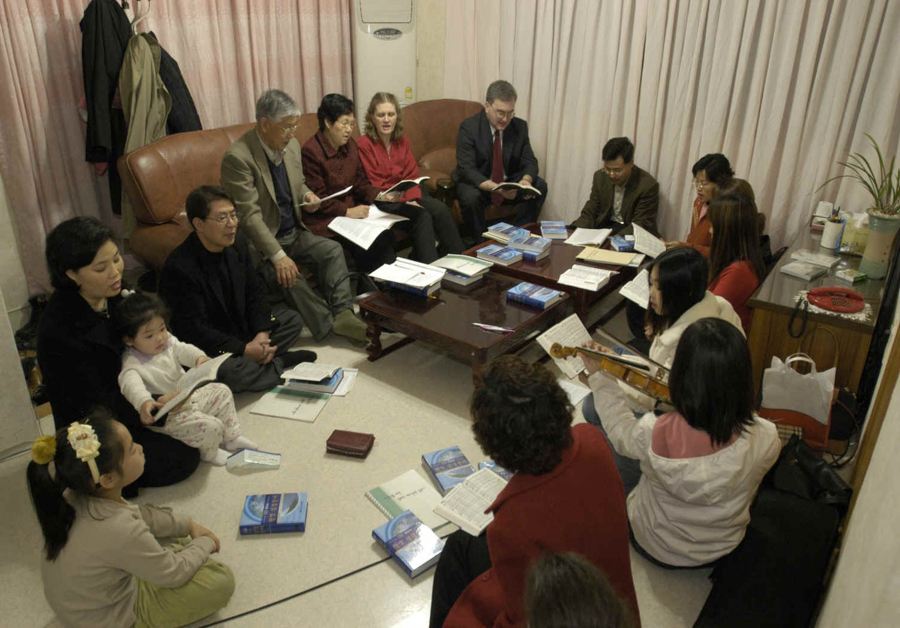
Mike Morris on the mission field in South Korea.
Students in his Introduction to Missiology class were required to share the plan of salvation with non-Christians of a different culture during the semester. “As an alternative to that requirement, students could go on a cross-cultural mission trip. Every week, I was available to go witnessing with students on a particular day of the week,” said Morris. In addition to this, he “went with students five years in a row to Japan on mission trips in May” and found that the “practical experience was the most valuable part of the course.”
The missionary experience of Southwestern’s faculty continues the seminary’s tradition of Great Commission commitment dating back to its founding in 1908, which has resulted in more IMB missionaries being trained by Southwestern than any other seminary.
*Names have been changed for security reasons.
*The International Mission Board provided some photos for this article.



